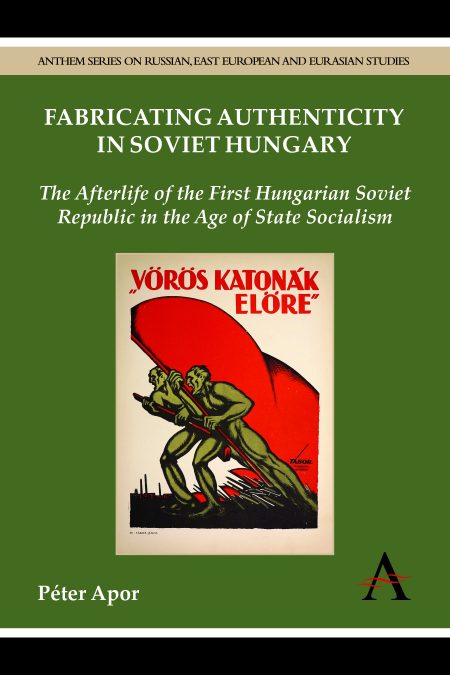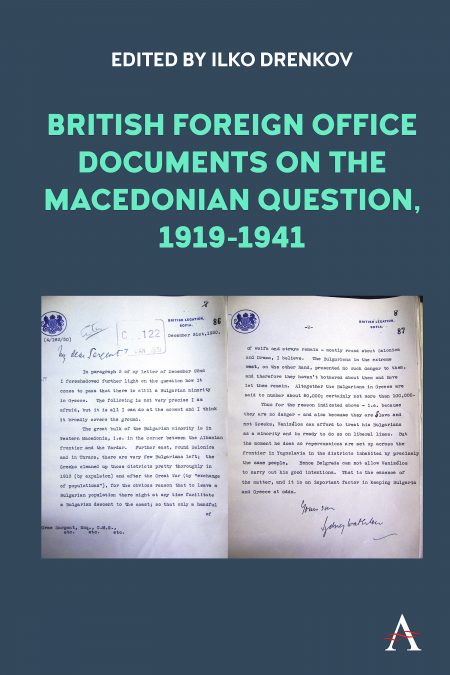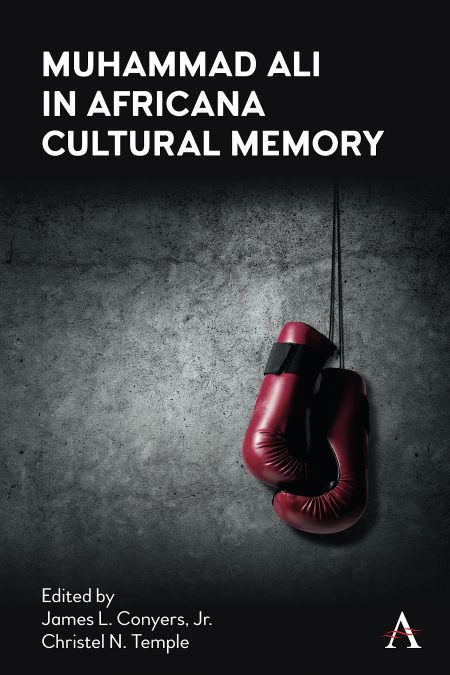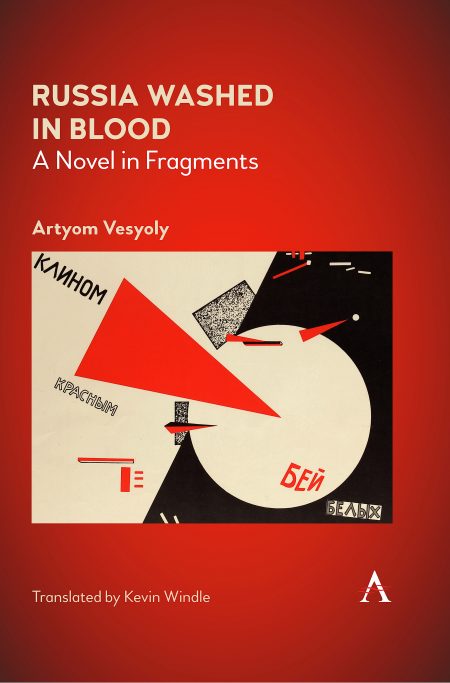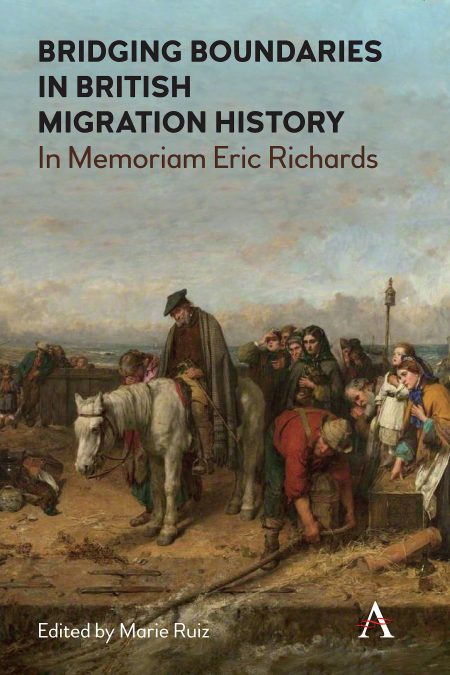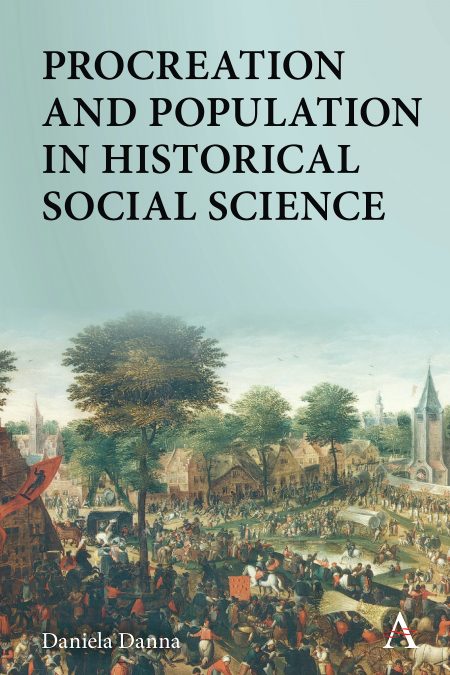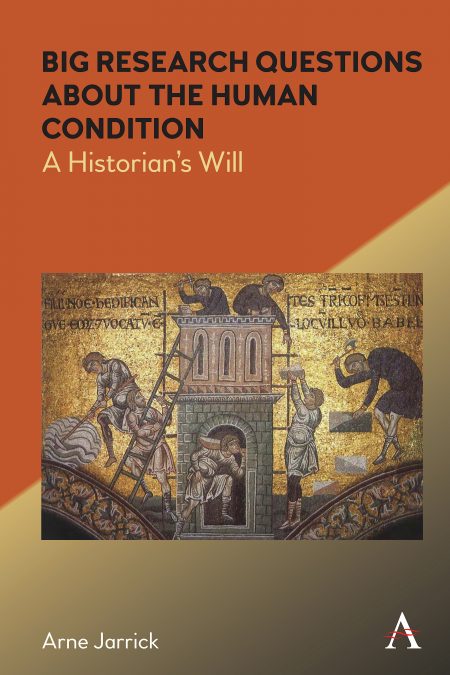Big Research Questions about the Human Condition
A Historian's Will
Arne Jarrick
Select Format
Title Details
- ISBN: 9781785275678
- November 2020
- Pages: 160
- Imprint: Anthem Press
My basic message can be put in a straightforward way: humanities scholars should improve their way of asking questions. Their questions about the human condition need to be as clear and simple as possible in order to enable unambiguous answers. Simple without being simplistic, nuanced without being embroiled – that is the ideal. Unambiguous answers (not to be confused with irrefutable answers) are much wanted, although not always possible to attain. Moreover, if one wants the questions to be highly significant for the understanding of the human condition, there should not be too many questions. Even in this respect, there is much to be wanted in today’s humanities research. Instead of gathering around a limited set of profound questions and holding on to them until the answers begin to appear, generally the humanist guild scatters its scientific energy on too many disparate things – replacing them far too often with hundreds of new questions, ‘perspectives’ and ‘problematisations’. In its turn, such a research culture may hamper a cumulative growth of knowledge, the possibility of which, moreover, is regrettably often denied or even viewed with suspicion.
In this book, I am doing two things to redress the current problems in the humanities world-wide. Firstly, I present and discuss a set of big but still insufficiently addressed topics that humanities researchers should focus over a sustained period of time, such as what explains that some kinds of knowledge are widely accepted whereas other kinds of knowledge are rejected, or what explains the widespread diffusion of inequality paralleled by a gradual emergence of egalitarianism over the centuries, et cetera. Secondly, I discuss in general terms what the humanities are or should be, as well as what they are not or should not be. Basically, humanities researchers should consider their field as an integral part of science, although uniquely dealing with humans a decision making, meaning seeking and self-reflecting agents.
Married, four children, six grandchildren; professor emeritus of history at the Centre for the Study of Cultural Evolution, Stockholm University; former secretary general for the humanities and social sciences, Swedish Research Council; former Vice-president of the Royal Swedish Academy of Sciences; et cetera
List of Illustrations; Acknowledgements; I: Questions and Answers – Background, Motivations and Aims; Ii: Suggested Questions; 1: What Explains That Some Kinds of Knowledge Are Widely Accepted Whereas Other Kinds of Knowledge Are Rejected?; 2: Why Do Some Societal Processes and Phenomena Develop in a Circular or Repetitive Way Whereas Other Processes Evolve Along a Cumulative Trajectory?; 3: Why Do Social Norms Change, Despite the Fact that their Mission is to be Sustained? What Role Do Non-Conformist Individuals and Minority Groups Play in Cultural, Cognitive and Normative Change?; 4: Does a Gradual Extension of Our Lifespan (and the Rise of Welfare) Imply a Growing or Declining Ability to Postpone the Satisfaction of Our Needs and Desires?; 5: What Explains the Widespread Diffusion of Inequality and the Gradual Emergence of Egalitarianism Over the Centuries?; 6. Why Do People Appropriate Aesthetic Experience (Both as Producers and Consumers of Cultural Manifestations), and What Are the Individual and Societal Functions of Such Experiences?; What Lies Ahead?; Appendices; Notes; References; Index.
Jarrick’s is one of the best inquisitive minds in humanities today. He not only identifies the Big Questions but identifies ways forward. This is a book that should inspire funders and academic leaders. — Poul Holm, Professor of Environmental History, R, MEA Chair Humanities Class, Director, Trinity Centre for Environmental Humanities, Trinity College Dublin, Guest Professor, Department of Historical Studies, Gothenburg University, Honorary Research Associate, McDonald Institute, University of Cambridge
This is a convincing demonstration of the value of the Humanities for society, raising questions which should and can be answered through humanistic methods, also in close articulation with other sciences. The author moves apart from the undermining of the Humanities as a mere collection of opinions, suggesting their understanding not only as promoters of debate but as knowledge builders. — Luiz Oosterbeek, Professor of archaeology at the Polytechnic Institute of Tomar, Portugal, and Secretary General of the International Council for Philosophy and Human Sciences
Related products
-
Fabricating Authenticity in Soviet Hungary
The Afterlife of the First Hungarian Soviet Republic in the Age of State Socialism
Péter Apor
March, 2014
£115.00 / $115.00 -
British Foreign Office Documents on the Macedonian Question, 1919-1941
Edited by Ilko Drenkov
consultant editor Ivan Metodiev Petrov, Lynnette G. LeonardMarch, 2021
£125.00 / $125.00 -
Muhammad Ali in Africana Cultural Memory
Edited by James L. Conyers, Jr., Christel N. Temple
January, 2022
£125.00 / $125.00 -
Russia Washed in Blood
A Novel in Fragments
Artyom Vesyoly
translated by Kevin Windle
introduction by Elena Govor, Kevin WindleAugust, 2020
£200.00 / $200.00 -
Bridging Boundaries in British Migration History
In Memoriam Eric Richards
Edited by Marie Ruiz
September, 2020
£125.00 / $125.00 -


